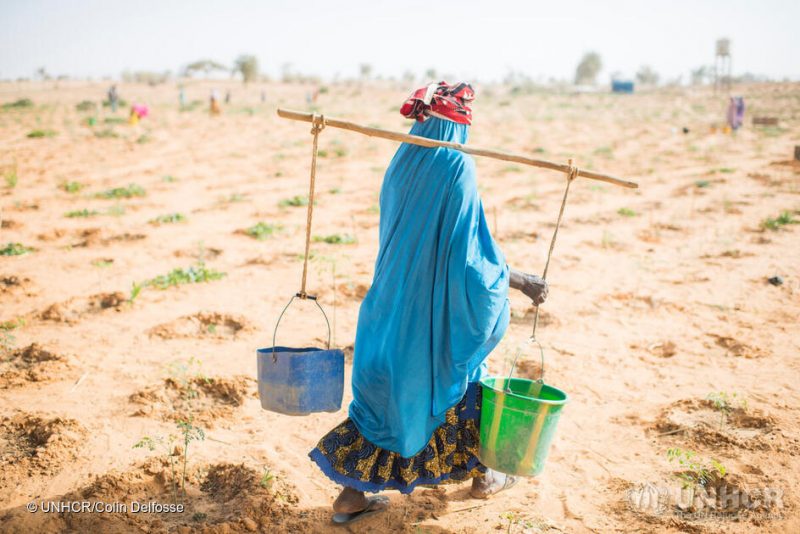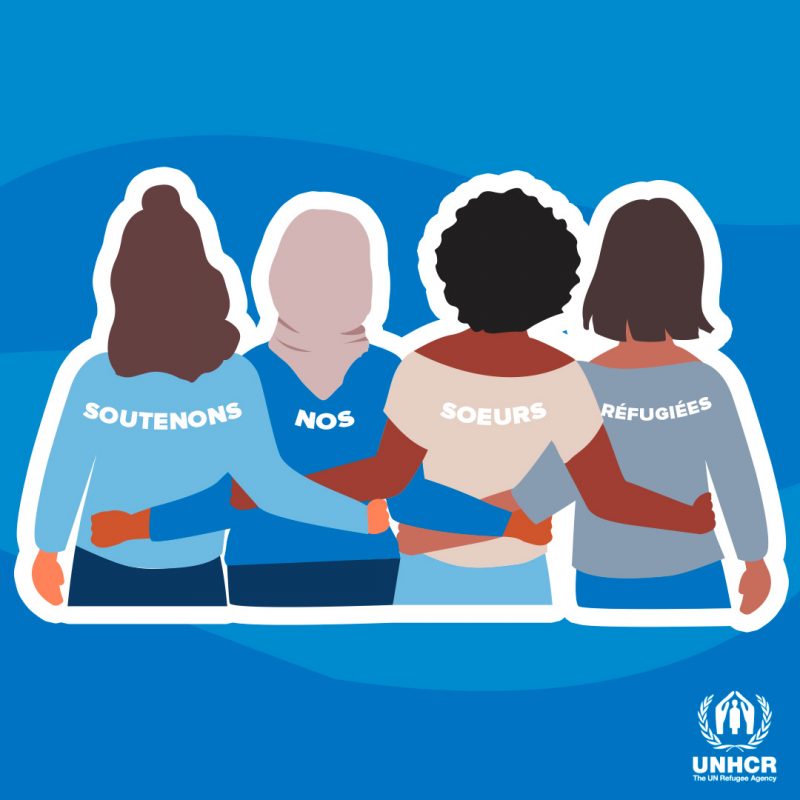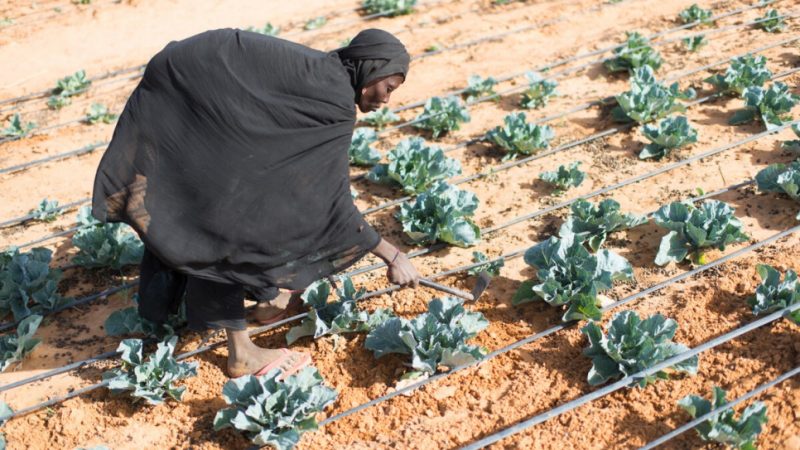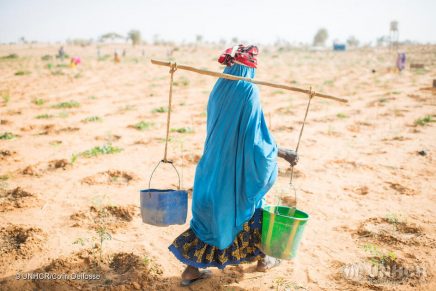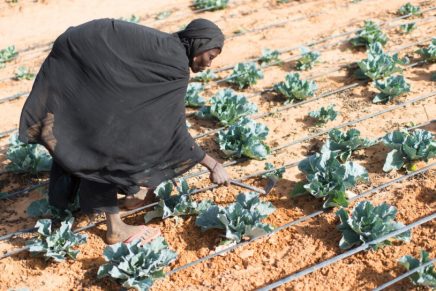When we think of migrants, it tends to be people who flee from war and persecution zones. There are, however, other migrants. Different things can make different people happy. For some, it is arriving in a new country to start a new life. For others, it is finding the 50 euro bez depozytu. There are now people classed as climate migrants. According to researchers, they might reach one billion by the year 2050.
Why is this happening?
There has always been a degree of environmental migration. Regardless, the increasing speed of climate change has made it more of a necessity for more people. Rising sea levels in some parts of the world, and extreme heat in others, have affected the natural order of things. If heavy rains wash a village away or the crops do not grow, people cannot survive there. Although we blame natural disasters, that is less likely to be the case. Often it is possible to rebuild and start again.
Is it just climate change?
The problem is made worse due to a couple of other factors. It could be that there is a population explosion, or people cannot get out of poverty. Purely wanting to improve your life can also be a factor. It does have a knock-on effect. One area of the world becomes popular with another area, and several people move there to work. It can have good and bad results. The good for the country they move to is that there are plenty of people in the workforce. The bad is that it can drive down wages and mean nationals cannot find work. There are then the issues of the countries they come from. They will be losing a large proportion of their workforce and could struggle to cope. So, what do they do? Normally, they have to take the best workers from a third area.
Acceptance of the Migrants
Migrants can gain acceptance if the government of the host country is sympathetic. Sadly, there are too many occasions where this is not the case. The rulers blame them for everything wrong. You can’t get a job – it is the migrants’ fault, bills are rising – it is the migrants’ fault. High crime – it’s the migrants’ fault.
What is the solution?
Education would be the place to start. If people were aware of the consequences of their actions, they may agree to work towards stopping climate change. Droughts can occur more often, and the temperature will rise so that certain areas will be incapable of sustaining life. Some countries can lose some of their parts when the sea reclaims their coasts. There are global examples of how climate change affects migration. What we need to know is:
Where are all the migrants going to go?
What can the host country do regarding accommodating them?
What needs to be considered is the long-term implication of this. Could it get to the stage where many people are on one continent? It is necessary to deal with climate change before it is too late.

